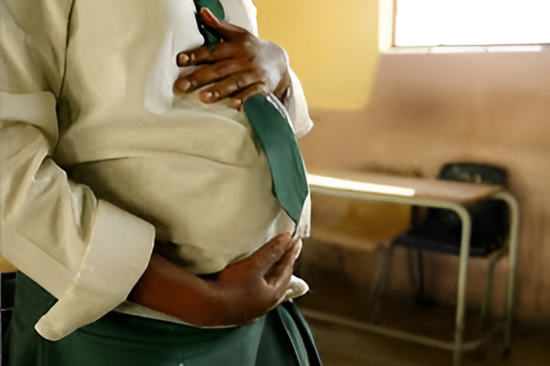Over 1.4 million unplanned pregnancies reported despite use of contraceptives

The report has pointed out that this worrying trend can be linked to several causes.
Many women across Kenya who thought they were taking the right steps to avoid pregnancy were faced with a different reality.
In 2022 alone, more than 1.4 million pregnancies were reported as unintended, despite a large number of the women being on contraceptives.
A detailed report on unintended pregnancy and its impact in Kenya has raised concern over the reliability and delivery of family planning services in the country.
According to the findings, about 1.44 million pregnancies were not planned, and out of these, nearly 42% occurred among women who were already using contraceptive methods at the time.
The report has pointed out that this worrying trend can be linked to several causes.
These include incorrect or irregular use of contraceptives, lack of access to preferred options, and frequent shortages in public health facilities, which continue to leave many women without the support they need.
Nyanza and Western Kenya were noted as some of the hardest-hit regions, where contraceptive supplies have remained low and unstable.
This has made it even more difficult for women in these areas to plan their families or avoid unwanted pregnancies.
The consequences go far beyond the initial shock of an unplanned pregnancy.
Health services come under pressure due to increased demand for maternal care, unplanned deliveries, and, in some cases, unsafe abortions—especially in places where full reproductive health services are either limited or missing entirely.
Health experts and reproductive rights advocates are now calling for urgent solutions.
They want the government and health agencies to increase funding for reproductive health, improve the way contraceptive supplies are managed, and step up efforts to educate communities about proper use.
Another key recommendation is the expansion of available methods in public health centres.
By giving women more options that fit their individual health needs and lifestyles, the report suggests that many of the failures currently being experienced could be avoided.
While it does acknowledge that the use of modern contraception has risen over the years, the report says the current figures show that availability alone is not enough.
It points out that without quality services, steady supply, and clear information, many women will continue to fall through the cracks.
Policymakers are being asked to use this data as a guide as they prepare for the next budget cycle.
The report urges that reproductive health should be a top priority if the country wants to avoid another year of high unintended pregnancy numbers and the burden that comes with them.
